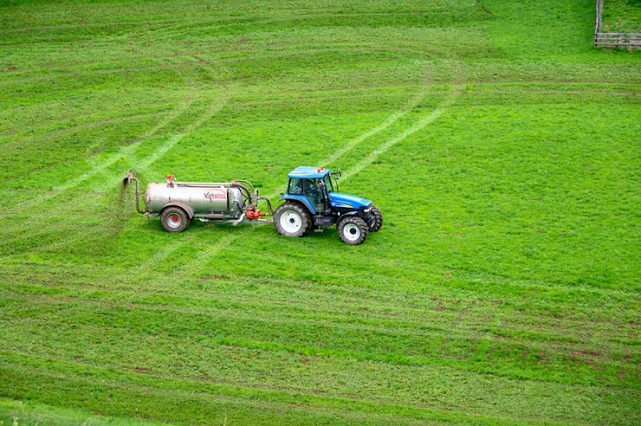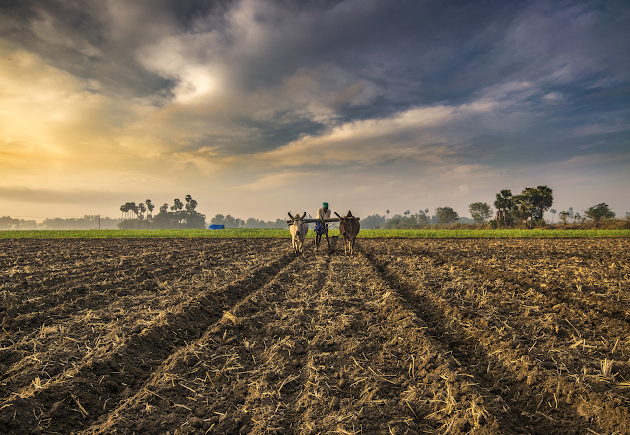Modern Farming: Revolutionizing Agriculture for a Sustainable Future

Modern farming practices have undergone a remarkable transformation over the years, fueled by advancements in technology, science, and environmental consciousness. With the global population steadily rising and climate change posing significant challenges to food production, modern farming methods have emerged as a solution to meet the increasing demand for food while minimizing environmental impact. This article explores the various aspects of modern farming and highlights its potential to create a sustainable future. 1. Precision Agriculture One of the key pillars of modern farming is precision agriculture, which leverages advanced technologies such as remote sensing, GPS, and data analytics to optimize farming practices . With the help of drones and satellite imagery, farmers can assess crop health, detect diseases, and monitor soil conditions more accurately and efficiently. This information allows them to apply fertilizers, water, and pesticides precisely where and when they are ...





